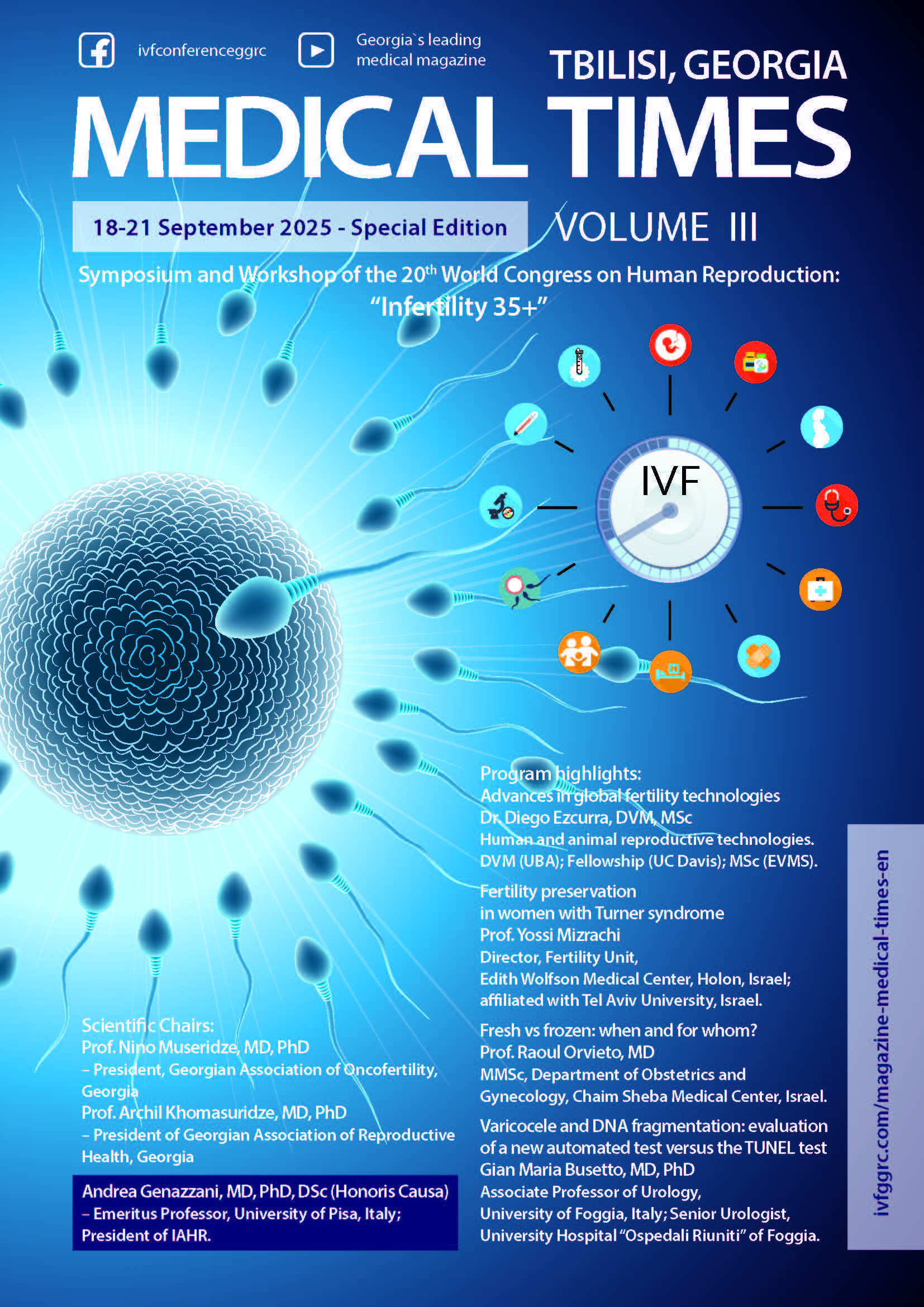Metabolic Endotoxemia and Male Infertility
DOI:
https://doi.org/10.71419/mtggrc.2023.3Keywords:
Infertility, metabolic syndrome, gut microbiota, male fertility, endotoxemia, probiotics, dietary modificationsAbstract
Infertility affects 10-15% of couples of reproductive age. Metabolic syndrome (MetS), especially in younger populations, is a risk factor for fertility disorders. Obesity and high-fat diets disrupt gut mucosal barriers, leading to endotoxemia and systemic inflammation, which negatively impact male fertility. This review examines the relationship between MetS, gut microbiota dysbiosis, and male infertility. Studies show that high-fat diets increase gut permeability and endotoxin levels, impairing spermatogenesis and sperm motility. Probiotics and prebiotics have shown promise in improving gut barrier function, reducing endotoxemia, and enhancing sperm quality. Weight loss and dietary modifications also improve semen quality and reproductive hormones. There is a need for evidence-based preconception nutritional guidance for men. Further research is necessary to explore how diet impacts male reproductive function and to develop effective treatments for idiopathic male infertility using microbiota-targeted therapies.
Downloads
Published
Issue
Section
License
Copyright (c) 2024 ALeksander Khelaia (Author)

This work is licensed under a Creative Commons Attribution 4.0 International License.
In case an article is accepted for publication it is allowed to combine the article with other research, to conduct new research on the article, or to make different arrangements on condition that the same license is used including commercial purposes.
As an author of an article published in the Medical Times, you retain the copyright of your article and you are free to reproduce and disseminate your work.














